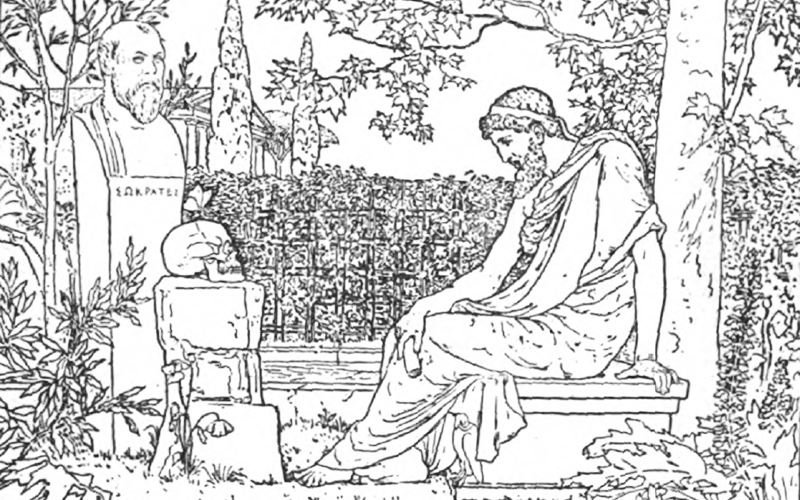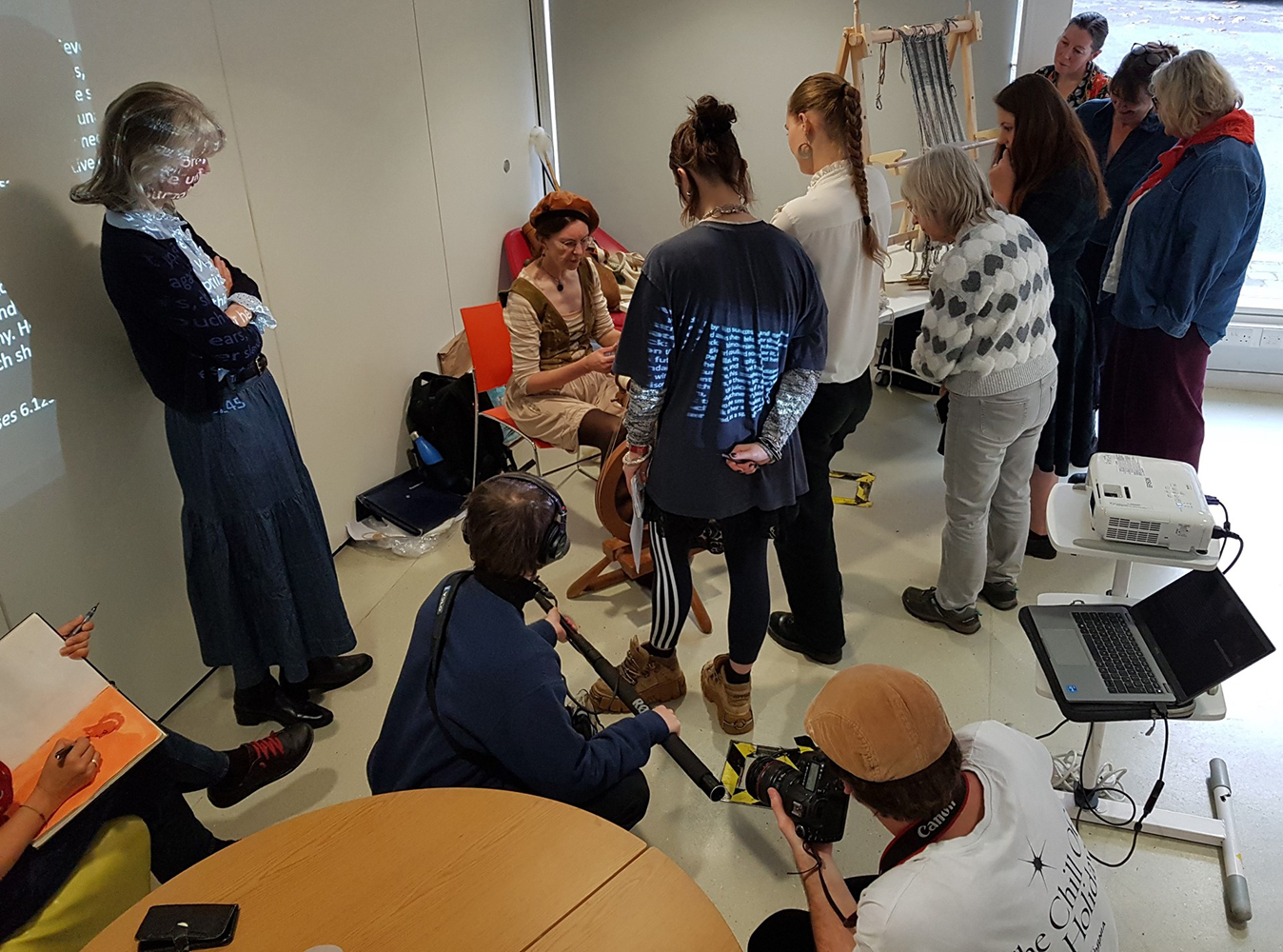
Welcome to Classical Studies
Whatever you aspire to become, an understanding of the classical past is an invaluable tool for navigating the present. From art to architecture, from popular culture to political discourse, the ancient Greek and Roman worlds continue to exert a remarkable pull. Classical Studies students are represented in most fields and here at Winchester, we recognise that the timelessness of our subject makes for graduates who are curious, broad-minded, and, above all, interesting.
Our innovative Classical Studies degree programme takes a multidisciplinary approach to the study of ancient Greece and Rome, combining the study of classical history with literature, drama, mythology, archaeology, art, architecture and philosophy, and reaching from the Bronze Age to the twenty-first century. This is why Classical Studies is embedded in the School of History, Archaeology and Philosophy, the home of History, Archaeology, Anthropology, Philosophy, Religion and Ethics, alongside Classical Studies. The School also offers a BA (Hons) degree in Ancient, Classical and Medieval Studies.
You will be taught by a small team of dedicated academics, whose love of the classical world extends far beyond the lecture room, and who are committed to helping students develop their confidence and reach their potential.
We are especially proud of our well established links with the British Schools in Athens and Rome and are always on the lookout for enrichment and development opportunities for our students. Read about the recent experiences of some of our students at the British Schools in Athens and Rome.
Careers
The breadth and dynamism of our programme is no doubt reflected in the trajectories of former students. Recent graduates have gone into journalism, teaching, television and radio, law, and museums and heritage, as well as postgraduate study and research.
Public Engagement
We regularly engage in public engagement activity.
In March 2024, Dr Polly Stoker was a contributor to the University's varied programme of events to mark International Women's Day, with a free public lecture titled Thetis and her Sisters, about the role of the Nereids in Greek mythology and thought. The Nereids were sea nymphs, the attendants of the sea god Poseidon, who befriended and protected sailors. Polly’s talk centred on Thetis, the mother of the Greek hero Achilles.
 A Nereid riding a hippocamp in a mosaic
A Nereid riding a hippocamp in a mosaic
Dr Stoker has been working with the Lettering Trust and alongside the talk, the University Gallery hosts an exhibition by the Lettering Trust on the Nereids. The exhibition will run from 22 February to 23 April 2024 in our West Downs Gallery.
Dr Carey Fleiner regularly gives live demonstrations of ancient textile making techniques, and in Nov. 2023, Dr Carey Fleiner and Dr Polly Stoker participated in the national Being Human Festival of the Humanities, sharing their expertise in ancient textile making techniques and the role of spinning and weaving in Greek, Roman and Norse mythology and language, alongside historical linguist Dr Eric Lacey.
 Dr Carey Fleiner spinning wool at the event Spinning a Yarn: Fabric making, identity, language and storytelling through time, a Being Human Café event in the Arc in central Winchester.
Dr Carey Fleiner spinning wool at the event Spinning a Yarn: Fabric making, identity, language and storytelling through time, a Being Human Café event in the Arc in central Winchester.
Meet the Classical Studies team
- Dr Polly Stoker, Lecturer in Classical History and Programme Leader
- Dr Carey Fleiner, Senior Lecturer in Classical and Medieval History
- Dr Katy Soar, Senior Lecturer in Classical Archaeology
- Dr Lena Wahlgren-Smith, Lecturer in Classical History (academic profile forthcoming)
Image top: Plato mourning Socrates by the philosopher's tomb
